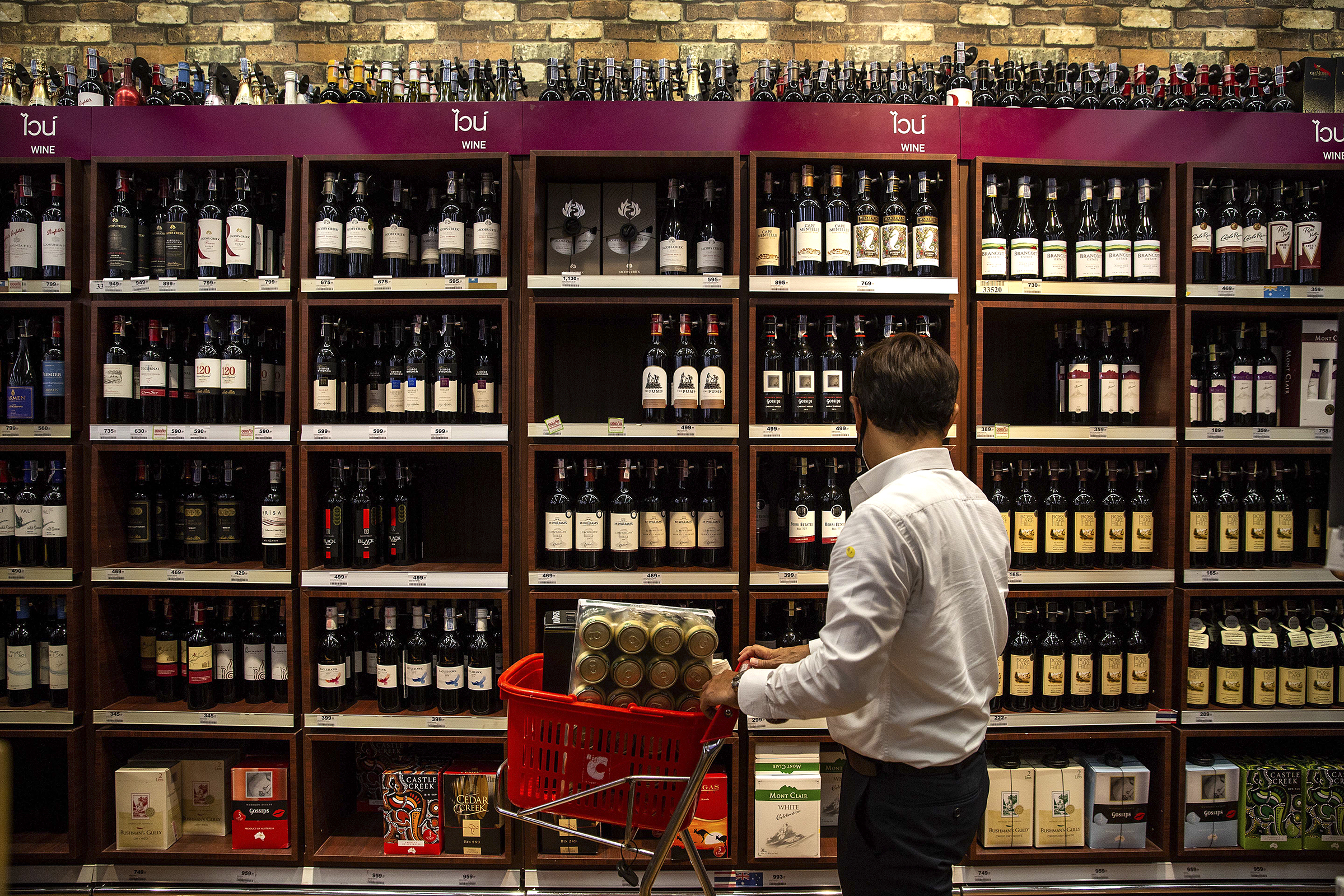The legal alcohol industry contributed more than R226-billion (3.6%) to South Africa’s gross domestic product in 2022, with consumers paying almost R97-billion in excise taxes that year, says a new report on the “seed-to-sip” impact of the liquor trade to the economy.
Commissioned by the Drinks Federation of South Africa (DFSA) — an industry body set up by the biggest names in the liquor trade, including Diageo, Heineken Beverages, SAB and Pernod Ricard — the “Contribution of the Alcohol Beverage Industry to the Economy of South Africa” report reveals the sector’s direct impact is just a fraction of its total contribution to the domestic economy.
It highlights the industry’s extensive value chain – which includes producers, suppliers, distributors and retailers, as well as the hospitality sector – and demonstrates a significant role in stimulating economic activity across various sectors.
The economic impact assessment, conducted by Quantec, an economic and financial data consultancy, was based on the latest available (2022) operational and capital expenditure stats from Statistics South Africa for the beverage industry, SARS excise and trade data, and various other official national statistics, as well as company and industry sales information supplied by DFSA members.
The assessment shows that, having considered economic multiplier effects, the industry is estimated to have generated R483-billion in output, supported 498,999 jobs linked to the production and sale of alcohol beverages, contributed R216-billion to household income, directly affected the livelihoods of 1.15 million people, and contributed R226-billion (3.6%) to GDP.
Legal alcohol industry contributions to employment, GDP and tax

Source: The Contribution of the Alcohol Beverage Industry to the Economy of South Africa Report.
In 2022, beer dominated the South African liquor market, accounting for nearly 71% of total sales by volume, followed by ready-to-drink beverages as the second largest category (15.6%), wine (10.1%) and spirits (3.4%).
Sales for domestic alcohol consumption totaled about R160-billion, which is 18.2% of consumer spending on food, beverages, and tobacco, and 3.7% of total consumer spending.
South Africa is a net exporter of liquor, primarily due to its extensive wine exports. In 2022, its total alcohol beverage exports reached R20.6-billion — 55% of which was wine — while liquor imports reached around R9-billion.
Dr Shamal Ramesar, head of research at the DFSA, said the study, which explored the “seed-to-sip” impact of the liquor trade, marks the start of a series of studies aimed at quantifying the industry’s economic impact.
“This data will guide the industry’s prioritised actions to address responsible drinking and harm reduction programmes.”
Illicit alcohol market
Ramesar said while the legal alcohol industry is critical to the South African economy, the illicit alcohol market has strengthened substantially since its early gains during Covid.
“The illicit trade has a massive impact. In 2020, a Euromonitor report said that the illicit trade comprised over 22% pre-Covid. It’s become a far bigger problem now. Almost 50% of alcohol sold is now illicit.”
This is significantly higher than just three years ago in 2021 when a Euromonitor study found that one in every 4.54 litres of alcohol sold was illegal.
A World Customs Journal paper explains that the alcohol ban exacerbated the problem, as prices rose, and the illicit market flourished, with traders controlling both supply and pricing. Once the ban was lifted, illicit traders undercut legal prices by more than 40%, further eroding government revenue.
The ban also had unintended health consequences: increased homebrewing and counterfeit alcohol caused significant health risks, with methanol-derived products a particular concern to the industry, said Ramesar.
The illicit alcohol trade has hindered South Africa’s efforts to combat harmful consumption, as weak enforcement and lenient penalties add to the problem. To address this, the journal said the government must strengthen regulations and increase penalties to deter consumers from turning to the illicit market.
Last year, the Transnational Alliance to Combat Illicit Trade (Tracit) warned at the Emea Security Conference in Dubai that South Africa faces an onslaught from the illicit trade on multiple fronts, including alcohol, cigarettes, fishing, mining, counterfeit electronics, pharmaceuticals, food, and apparel.
Tracit has called on the government to prioritise efforts to combat the illicit trade.
Leticia Davids, of the South African Liquor Brand-owners Association (Salba), told the conference that the country had “difficulties” partnering with law enforcement and to get them to admit there was a problem, although Salba has successfully partnered with SARS in operations, especially with diverted products, which are made for export but bypass the excise taxes or VAT.
“These products are flooded back into the market and then sold obviously at a very low cost, taking out all our other market share of all our other legal producers. We also have been partnering in the past year with the police, keeping in mind they are very resourced at this moment,” she said. DM





